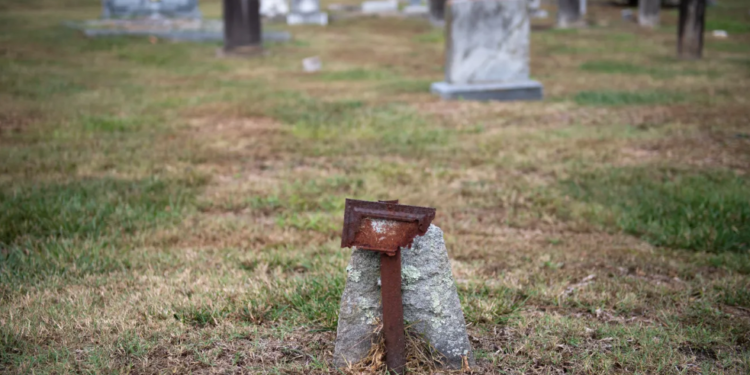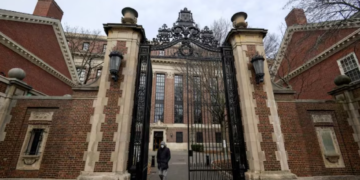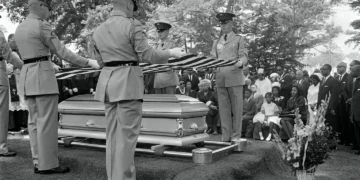Dec 21, 2024 Story by: Publisher
CULPEPER, Va. (AP) — A judge has declared three Black men who were lynched by mobs in Virginia during the late 19th and early 20th centuries to be innocent of the charges that led to their deaths.
According to The Washington Post, the men—Charles Allie Thompson, William Thompson, and William Grayson—were killed in rural Culpeper County, located roughly 75 miles (121 kilometers) from Washington, D.C.
On Monday, Circuit Court Judge Dale B. Durrer ruled that the men “were and remain to this day innocent of their charges” due to being denied due process. This decision came following a request from prosecutor Russell L. Rabb III.
The ruling ensures that records detailing their treatment will remain unsealed, allowing future generations to access and learn from them.
“The best history helps us recognize the mistakes that we’ve made and the evil corners in which humanity can dwell,” said Judge Durrer. “This discomfort causes us to learn and grow and harness the great collective power we have as a community.”
The landmark ruling is largely credited to Zann Nelson, 76, who dedicated nearly 20 years to researching the cases and pushing local officials to act.
“There are those who might say, ‘Well, it was so long ago, why is it so important?’” Nelson remarked. “Well, because it brings closure. Not just to families, but to the community.”
The tragic stories of the three men highlight the brutality of racial violence during the era:
- Charles Allie Thompson was lynched in 1918 after a white woman accused him of rape. Despite being held in jail for five days, a mob kidnapped him and hung him without a trial.
- William Thompson faced accusations in 1877 of raping an 11-year-old white girl. Just three days after his arrest, 50 men dragged him out of jail and lynched him from a poplar tree. It is unclear whether he was related to Charles Allie Thompson.
- William Grayson, a free Black man, was charged in 1849 with killing a white man. Despite Virginia’s Supreme Court overturning two of his convictions due to clear evidence he had been elsewhere, Grayson faced a third trial. Before it could conclude, a “lawless mob” overpowered the sheriff and lynched him.
This ruling underscores the importance of confronting historical injustices and preserving the stories of those who were denied justice. Source: AP News

















